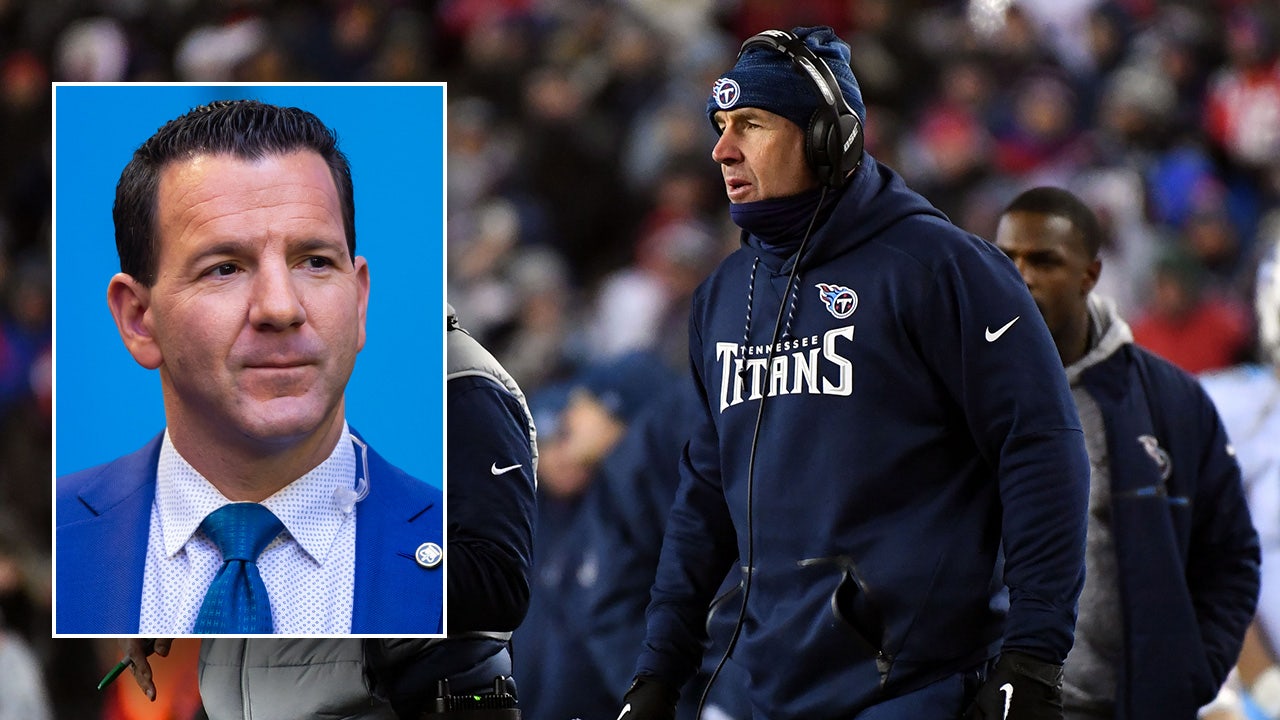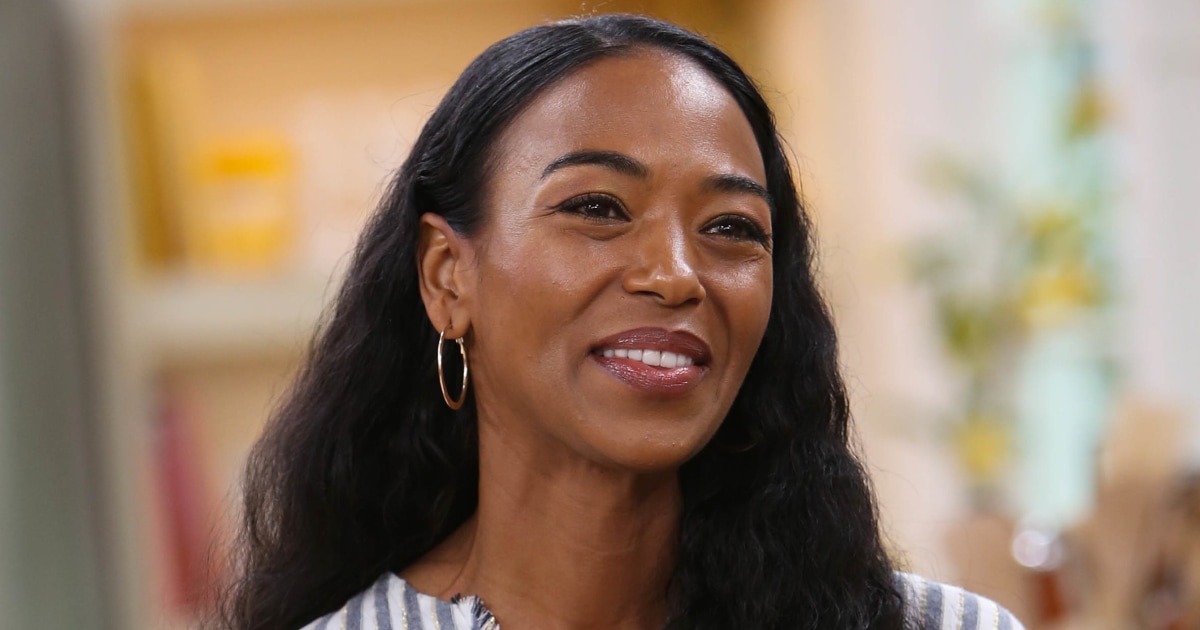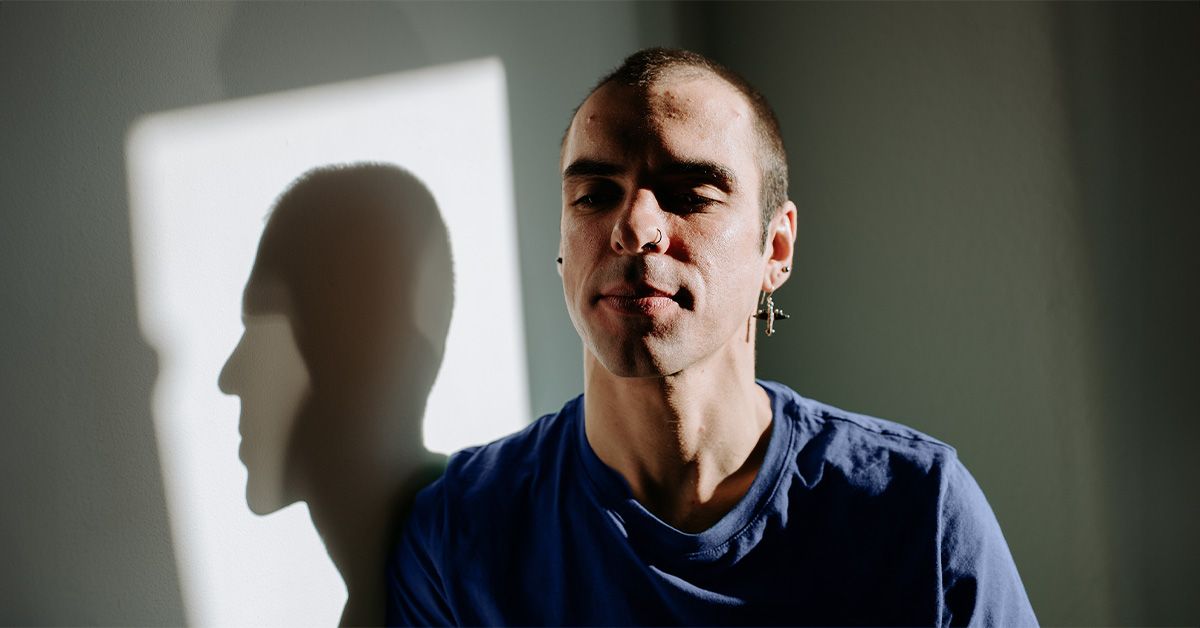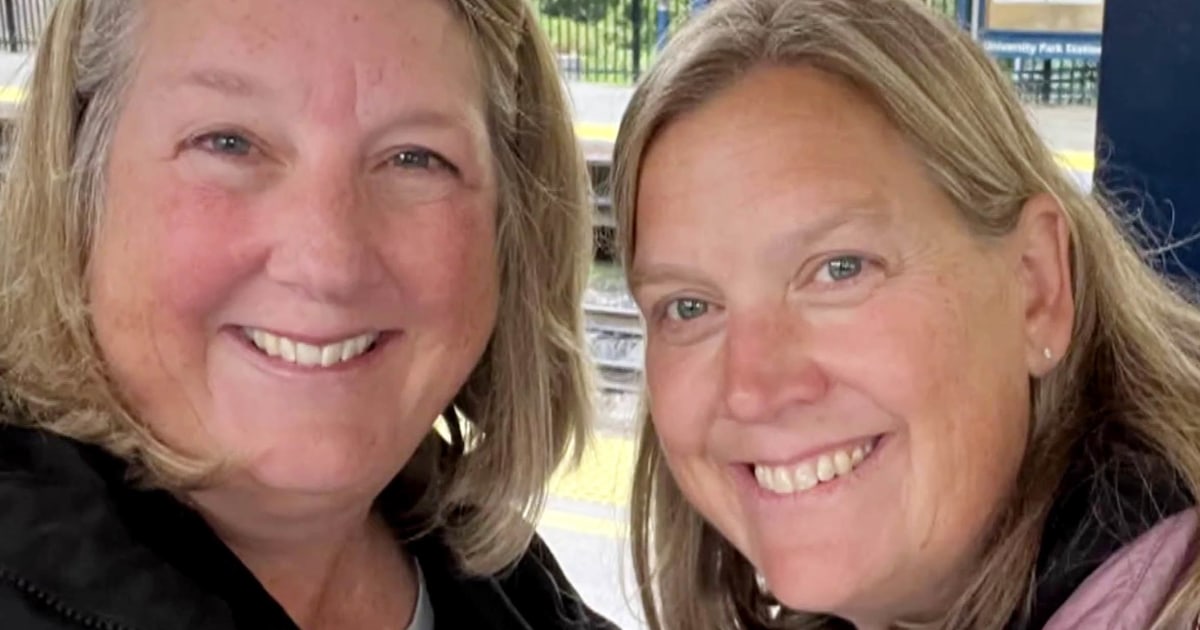When Rebecca Alvarez was 13 years old, she overheard a conversation between her older cousins at a family party. As she walked toward the kitchen to pour herself more horchata, she listened in as one told the other about her boyfriend and a recent date they’d gone on.
“Are you guys having sex?” Alvarez interjected. The question, simple and innocent in her eyes, was met with shock.
“She immediately turned red, very embarrassed,” Alvarez recalls to TODAY.com. The question was unexpected, sure, but most of what she asked about the human body and intimacy was received that way throughout her youth. Eventually, Alvarez realized sex wasn’t something to be spoken about openly — at least not in her family nor in most other Hispanic households, she suspected.
Born to Mexican parents, she grew up in a Bay Area home in which she was deeply immersed in her culture, “speaking the language, eating the food, listening to their music,” says Alvarez. But discussing sexual pleasure wasn’t one of these cultural norms.
Sex, she was taught both directly and indirectly, was the act of creating a family, she says. And if there was pleasure involved, it was a man’s, something she attributes to the “machismo” mentality in many Hispanic households. Wanting sex was shameful and talking about it was deviant, it seemed.
Alvarez has come a long way since curiosity overtook her that day in the kitchen. She’s now a sexologist and the founder and CEO of Bloomi, a sexual education and intimacy brand. In these roles, she gets to both observe and help change how the Hispanic community views sex, pleasure and exploration.
Going against the grain
Alvarez’s family always encouraged her to pursue her passions, but when she left home for college at the University of California, San Diego — the first in her family to attend university — they worried.
She picked up on the same apprehension when she told them she’d chosen sexual health as her career path. “Mija, are you sure?” they asked. “(My family) was always supportive, but there was a little bit of hesitation behind it,” says Alvarez.
But she was sure.
During her freshman year of college, Alvarez was sexually assaulted, and she realized she didn’t know where to turn. “It was very eye-opening in the sense that I felt like I didn’t have the resources and tools (to address what happened),” says Alvarez.
She went home to focus on processing her trauma while surrounded by family. Then she turned her attention to sexual health and the stigmas surrounding it. She was inspired to help others broaden their views about sex, too.
“I felt like there was something I could do in terms of my community and, on a bigger scale, to bring that education and make it really approachable, not embarrassing, to build that confidence and (provide) those tools.”
So, she transferred to the University of California-Berkeley and enrolled in all the sexual wellness classes her course-load would allow. And she went on to establish the school’s sexual wellness major.
“I ended up going all in and getting a master’s in human sexuality,” she adds. “Now I can do a variety of things at a higher level.” This includes her work as a sexologist, where she guides clients with sexual disorders, as well as those looking to expand their sexual lives.
Then, in 2016, she founded Bloomi. The brand offers intimacy and hygiene products, articles about discovering the ins and outs of one’s pleasure preferences for all genders and sexual identities, and an intimacy quiz to help users tap into their desires.
Teaching up
Alvarez has a unique vantage point for observing changes in how sex is viewed in the Hispanic community.
While sexual education during Alvarez’s youth passed from elders to children, she says she’s noticed more conversations where the information flows the other way, a phenomenon she calls “teaching up.” She believes this shift comes from young people craving authenticity when learning and talking about sex, and wanting to dispel the idea that sex should only be talked about in hushed tones.
“Young people today are embracing sexual wellness because they recognize that the outdated sex education they received left them disconnected from their true needs. What we were taught often reinforced shame,” she says.
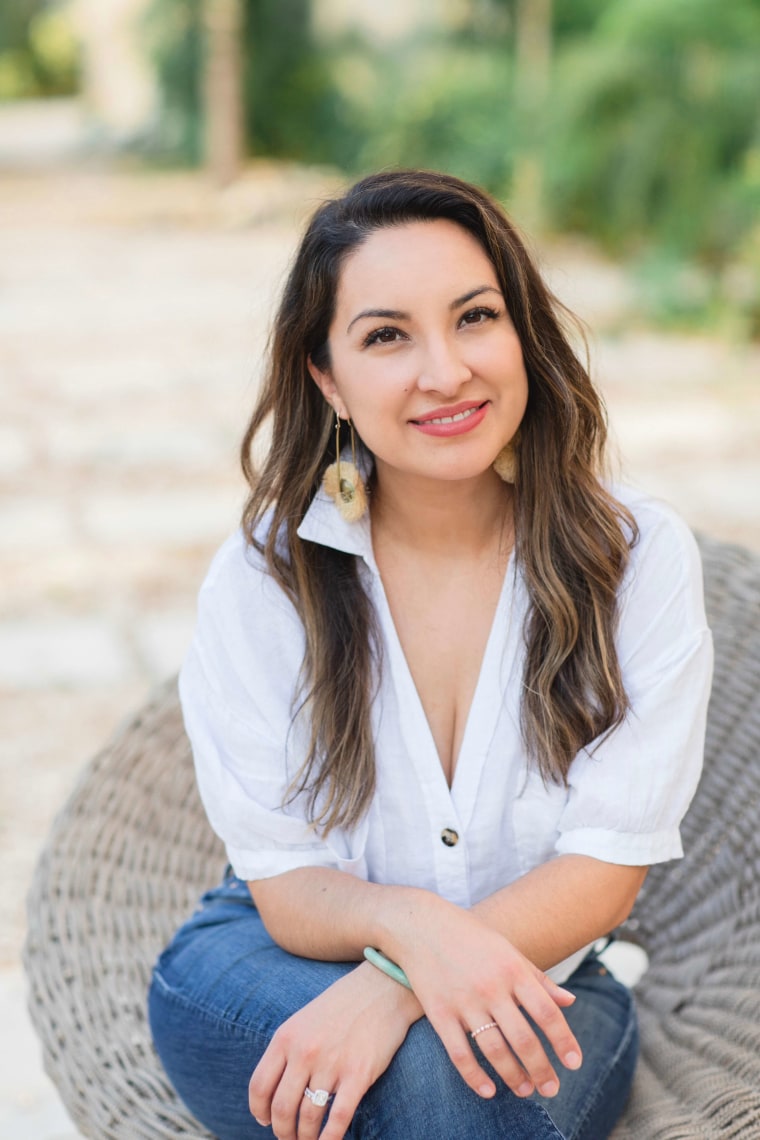
“With my own mom and tias, we’ve broken cultural norms, having honest conversations about the health benefits of masturbation, hormone changes, low libido,” Alvarez continues. While the conversations are sometimes brief and awkward, she hopes having them will help older generations feel “at ease with their own sexual wellness.”
But there are some antiquated ideas Alvarez continues to see in her work, which she doest her best to combat.
One of the most common ones is that sex, especially for pleasure, is shameful, “whether that’s fully letting go to enjoy pleasure,” including self-pleasure, or finding the courage to initiate intimacy, says Alvarez.
In these cases, she works with her clients to identify the pleasure topics they’re most curious about and envision what would happen if they pursued them. In the end, they might realize it’s possible for them to be “even more satisfied,” she says.
And for those who have a hard time tapping into their sexual desires to begin with, Alvarez challenges them to consider the nonsexual duties in their lives that might be stifling their libidos.
“In the Latino community, we tend to overextend ourselves,” says Alvarez. Women in particular often put their loved ones first. “We tend to hustle too much, which I am also guilty of at times. But I think being stretched too thin and doing so many things (at once) can really tire you out, can elevate your stress levels, and those are two direct reasons why our libidos can go down.”
Intimacy for all
Asked about her future goals, Alvarez says she wants to see more people know what they want from intimacy and own it.
She believes brands like hers can play a big part in helping people abandon the embarrassment often attached to having and wanting sex. “I have seen there are more emerging sexual wellness brands and solutions, and so that speaks to the demand,” says Alvarez.
Although she didn’t know it at the time, curiosity is what fueled 13-year-old Alvarez’s drive to know more about sex when cultural norms dictated she stay quiet. And she’s seeing this same urge help more and more people “(reclaim) pleasure as a natural, vital part of who they are — I love playing a small part in that journey for them.”
In the end, someone might find that they don’t desire sex or intimacy very much, or they might find they want much more of it.
“Whatever that means for each person, being OK with that and going after that is going to improve our quality of life, our happiness,” says Alvarez.
Read the full article here






